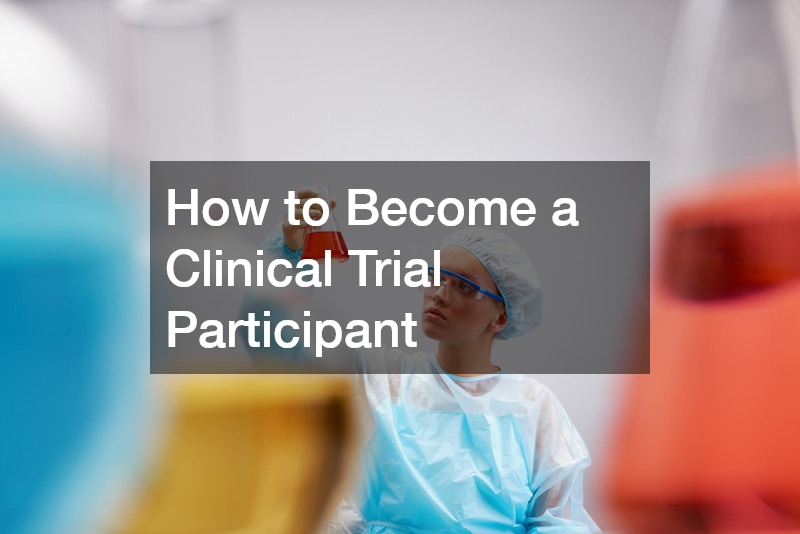
Participating in clinical trials can be a rewarding experience, contributing to advancements in medical science while potentially benefiting your own health. If you’re considering becoming a clinical trial participant, here’s how to get started.
Research the Trials
Begin by researching clinical trials that align with your health condition or interests. Websites like ClinicalTrials.gov or those run by medical institutions provide comprehensive databases of ongoing studies. Make sure to understand the purpose of the trial, the phase it’s in, and the potential risks and benefits involved.
Assess Eligibility
Each trial has specific eligibility criteria that participants must meet. These can include age, gender, medical history, and current health status. Carefully review these criteria to determine if you qualify. If you’re unsure, consult with the trial’s contact person or your healthcare provider.
Contact the Trial Team
Once you’ve identified a trial that interests you and for which you meet the eligibility requirements, reach out to the trial team. This team typically includes researchers, doctors, and coordinators who can provide detailed information about the study. They will explain the procedures, expectations, and potential risks, ensuring you have all the information needed to make an informed decision.

Learn About Informed Consent
Before clinical trial participants can join, they must go through the process of informed consent. This involves signing a document that outlines the study’s purpose, procedures, risks, and your rights as a participant. Take your time to review this document and ask questions if anything is unclear.
Participate
If you decide to participate, you’ll undergo the study’s required procedures, which may include medical exams, tests, or treatments. You’ll need to follow the study protocol closely and report any side effects or concerns to the trial team.
By following these steps, you can successfully become one of the clinical trial participants across the U.S., playing a vital role in medical research and potentially gaining access to new treatments.




